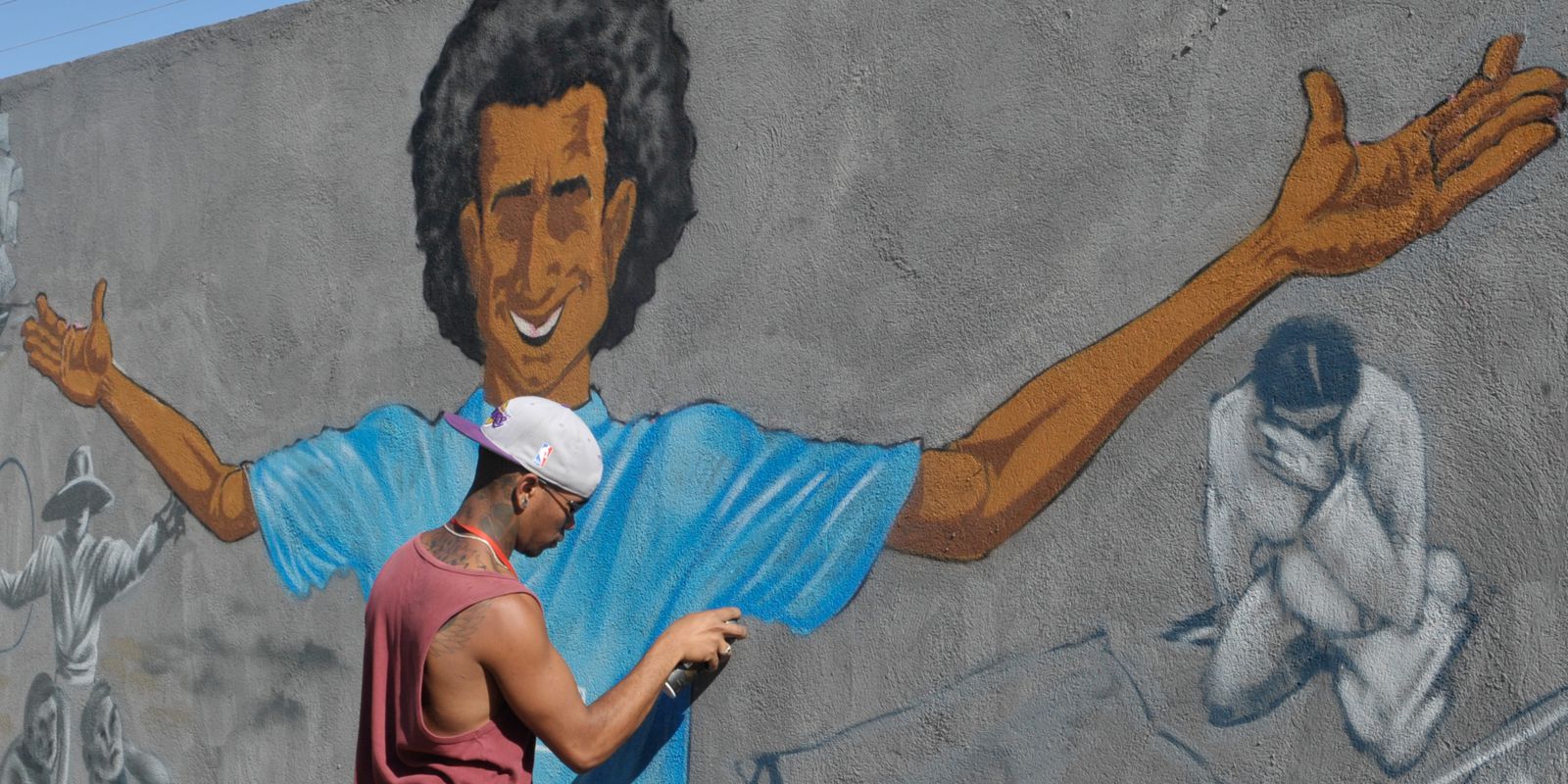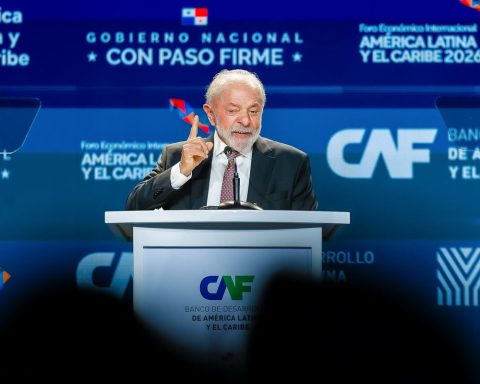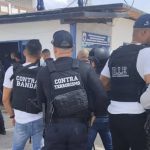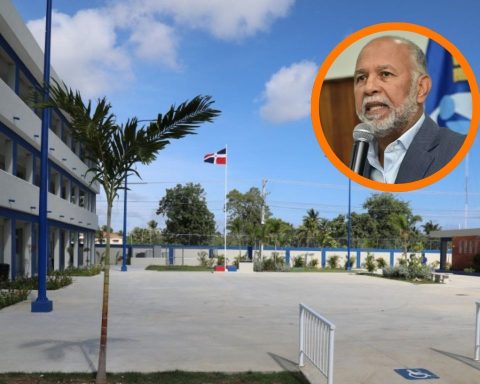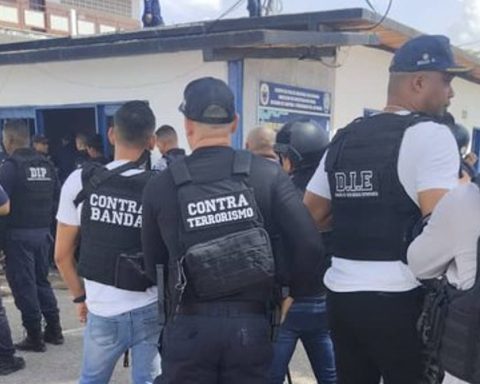The Military Police (PM) of Piauí is studying the implementation, starting next month, of an anti-racist project in the training of state security agents.
This Wednesday (1st), the General Commander of the Military Police, Scheiwann Lopes, met with representatives of the State Secretariat for Social Assistance to discuss updating these training courses.
The superintendent of the Promotion of Racial Equality and Native Peoples of Piauí, Assunção Aguiar, and the director of Social Equality, and Professor Bispo, presented proposals for the anti-racist training project for PMs, who should have a more humane training with youth and with communities at large.
According to the general commander of the PM in Piauí, the idea is to modify the training courses, complementing the workloads with what they understand “to be relevant to society”, with “respect for the equality of people, gender, race and human rights “.
Data from the report by the Security Observatories Network, released in November last year, reveal that, in 2021, 75% of those killed by the police in Piauí were black. Percentage close to the number of blacks in the state, 74%, according to the Brazilian Institute of Geography and Statistics (IBGE).
However, the deaths of blacks in police actions rise when observing only the capital, Teresina, where the percentage reaches 83% and cases occur mainly in the peripheries.
In Brazil, of the 3,290 victims of police lethality in 2021, 2,154 were black.
The data were collected by the Network of Security Observatories through the Access to Information Law.
Federal District
In the Federal District, a report revealed illegal guidelines contained in material used in the Military Police training course. The Military Prosecutor’s Office of the Public Ministry of the Federal District and Territories asked the Federal District Military Police Internal Affairs to open an investigation about the complaint, made by UOL columnist, Chico Alves.
In a PowerPoint presentation on discipline, ethics, leadership and leadership, concepts were distorted to state that, by forging a flagrante delicto or practicing minor torture, the police officer would be acting correctly.
One of the examples used during the PMDF training course, which is featured in the UOL report, has Batistão as a character, who responds to several processes for drug trafficking and other crimes.
During arrest for drunk driving, the police found cocaine in Batistão’s car, who claimed to be a user. To forge a flagrant of trafficking, the agents convince a person who was passing by the place to give a statement and confirm that he was buying the drug from Batistão.
From the utilitarian perspective, this would be an ethical attitude, according to the guidelines of the PMDF training course, because the arrest of the drug dealer would benefit most of society. That is, the ends justify the means, teaches the course material taught by the corporation.
